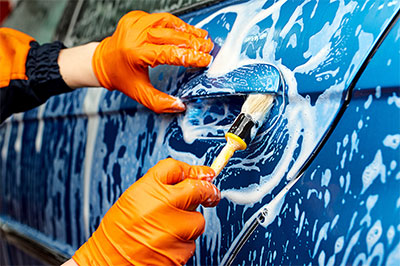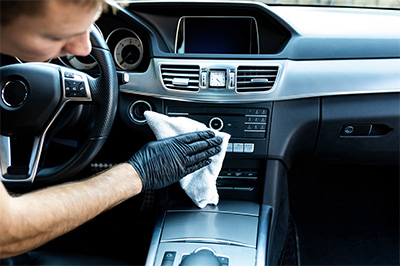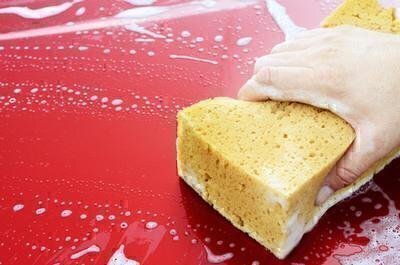Detailing services and carwashes might also claim they preserve your vehicle’s finish. But having a car detailed—or washed—is not like changing engine oil. Don’t change the oil and your car’s days are numbered; don’t detail the car—or even wash it—and you might lose a little resale value down the line, but not much, and for sure not enough to pay back all your cleaning costs.
You get your car detailed—or even washed, for that matter—for the same reason you comb your hair or wear a clean shirt: to look good.
For the seven metro areas where we survey consumers about local service providers, our Ratings Tables report how area detailing shops were rated by their surveyed customers. You can also do some quality checks on your own—
- Ask shops to show you other customers’ completed cars.
- Assess the shop’s cleanliness—a messy facility may be a sign that the shop will be sloppy in its work.
- Ask the shop whether it uses a three-step polishing process (polishing, buffing, and waxing) rather than the less effective one-step polishing process some shops use.
- Ask the shop how carpets will be cleaned. Most shops have hot-water-extraction equipment, which is usually the most effective method.
- Ask how long the service will spend detailing your car. A company that takes only an hour or so probably isn’t providing the same service as those that take half a day.
- Ask the shop to show you proof that it carries a current liability insurance policy.
- Make sure the operator of a mobile detailing service is following Environmental Protection Agency rules, which require operators to use a runoff reclamation system. These systems place a mat under the car to capture all water runoff during washing. After washing, the runoff is sucked up from the mat back into the detailer’s water tank.
Of course, you’ll want to check cost. The price comparison scores reported on our Ratings Tables indicate how each shop compared to the average shop that quoted on the same jobs. We found big shop-to-shop price variation.





